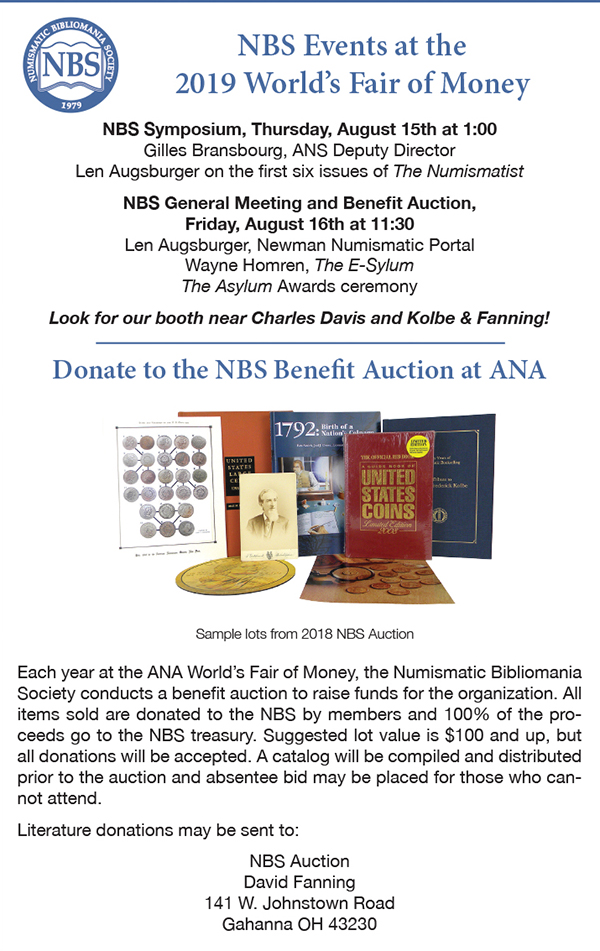
PREV ARTICLE
NEXT ARTICLE
FULL ISSUE
PREV FULL ISSUE
FBI INVESTIGATING BASEBALL CARD DOCTORINGThe previous article in this issue described a platform for sharing ownership of very expensive rare collectibles. What could go wrong? Well, aside from the problem of physical storage and responsibility for security, what if the item turns out to be fake or altered? Read the fine print before clicking yes. Here's a Washington Post article about suspicions of rampant doctoring in the baseball card world. -Editor
The card’s lone obvious blemish is a stray black print mark on the white frame. Even with the defect, it sold in an online auction in late 2017 for $2,800. Seven months later, a 1952 Bowman Stan Musial card without that print mark sold for $28,100. Collectors have since claimed the two cards were in fact the same item, improperly altered to inflate its value then auctioned off a second time. Now, the FBI is asking questions about that card and hundreds of others like it, as a scandal over trading cards that have allegedly been fraudulently altered rocks the billion-dollar memorabilia hobby. Federal law enforcement officials have launched a criminal investigation encompassing one of baseball card collecting’s largest appraisal firms, a well-known sports memorabilia dealer and one of the hobby’s largest auction houses, among others, according to four collectors who have been interviewed by investigators. The scandal started after a pair of online collectors began identifying and documenting cards that were allegedly improperly modified. They’ve identified 316 such cards, retouched by nearly a dozen “card doctors,” which sold for a combined $1.4 million. The four collectors who spoke with investigators say the FBI suspects thousands of additional cards with similar issues are still circulating through the hobby. (All four collectors spoke to The Post on condition of anonymity, concerned about the repercussions of discussing an ongoing investigation.) At the heart of the scandal is the memorabilia market’s system for assessing baseball cards, a term widely used to describe any athletic trading card. Collectors rely on grading companies — California-based Professional Sports Authenticator (PSA), part of publicly traded Collectors Universe, dominates the market — to help determine the condition and market price of cards. An improved grade can increase a card’s value several times over. Hence the existence of so-called “doctors,” who take worn cards, alter them to make them appear in better condition and resubmit them to grading companies in search of a better mark. Investigators are asking questions about one such alleged “doctor,” Gary Moser, implicated by the online research, according to the four collectors who have talked to the FBI. Investigators are also asking about other smaller-scale “doctors,” along with PSA’s grading practices and an Oregon-based auction house, PWCC, according to those four collectors. PWCC acknowledged in a statement that it is cooperating with law enforcement officials over cards graded by PSA and submitted by Moser. A PSA spokesman declined an interview request, but said the company was conducting its own investigation and cooperating with law enforcement. It also decertified the Musial card, a move that indicates the company no longer stands by the grade it once assigned. Moser denied ever altering cards. An FBI spokesperson would not confirm the existence of a current probe into PWCC, PSA or Moser, citing Bureau policy. Perhaps Bob Rightmire was on to something when he wrote in our June 23, 2019 issue, "One wonders if this article exposes the tip of a widespread scandal? Caveat emptor." -Editor
To read the complete article, see:
To read earlier E-Sylum articles on coin doctoring, see:

Wayne Homren, Editor The Numismatic Bibliomania Society is a non-profit organization promoting numismatic literature. See our web site at coinbooks.org. To submit items for publication in The E-Sylum, write to the Editor at this address: whomren@gmail.com To subscribe go to: https://my.binhost.com/lists/listinfo/esylum All Rights Reserved. NBS Home Page Contact the NBS webmaster 
|
